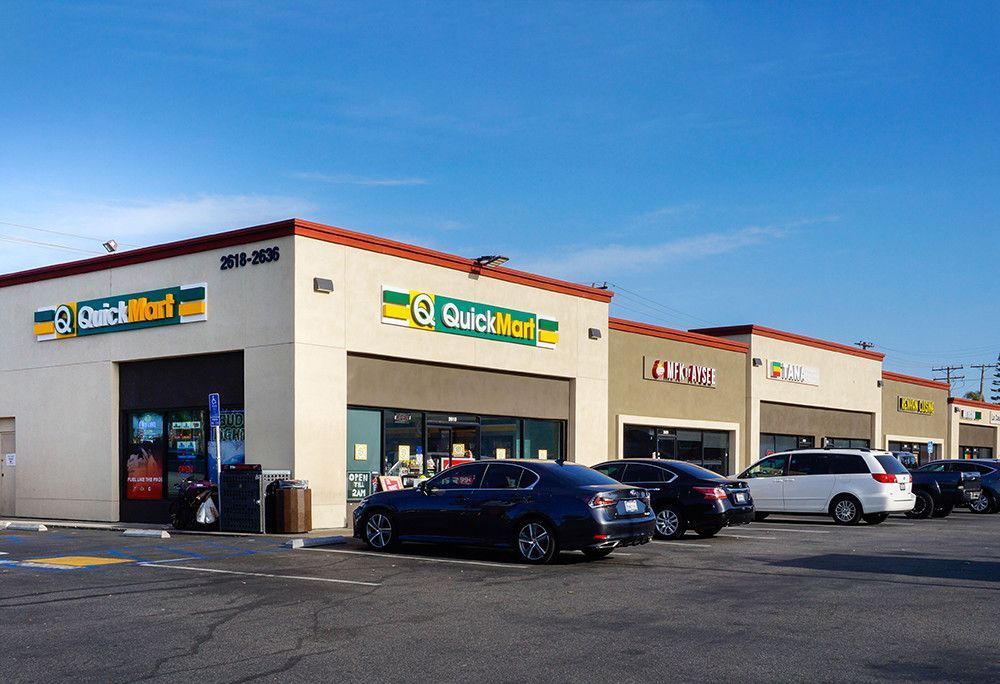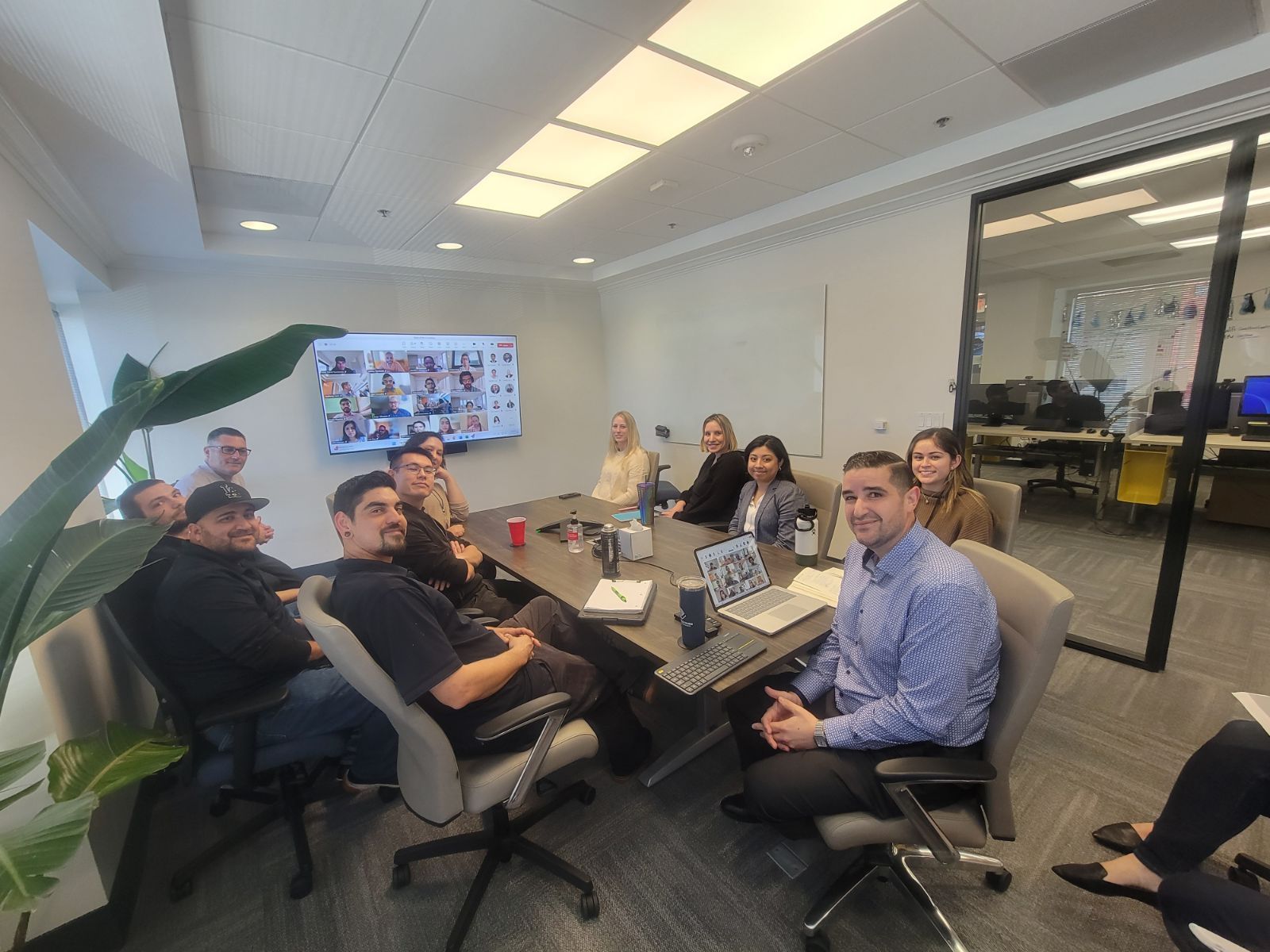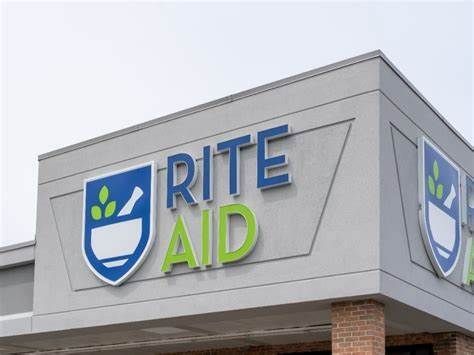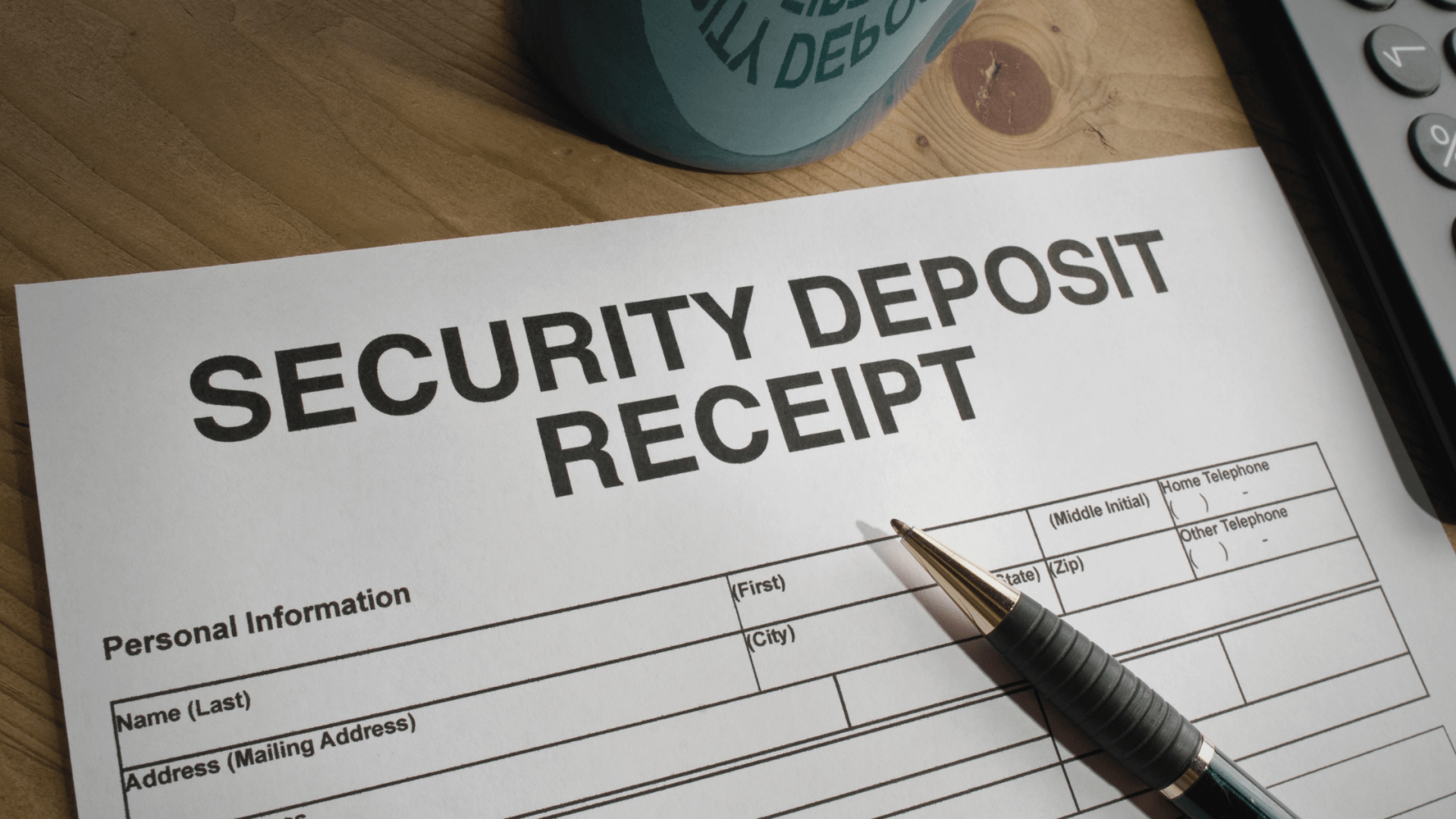Section 8 and Source of Income Protections
SB 329 and SB 222

Under SB 329 and SB 222, all landlords in California are required to accept Section 8 and VASH vouchers and other forms of rental assistance and to consider them as part of an applicant’s income. Both laws went into effect on January 1, 2020.
SB 329 redefines source of income as “lawful, verifiable income paid directly to a tenant or to a representative of a tenant, or paid to a housing owner or landlord on behalf of a tenant, including federal, state or local public assistance, and federal, state, or local housing subsidies, including, but not limited to, federal housing assistance vouchers issues under Section 8 of the United States Housing Act of 1937.”
SB 222 added to the definition of source of income HUD Veterans Affairs Supportive Housing (VASH) vouchers and clarified that a landlord is not considered a representative of a tenant unless the source of income is a VASH voucher. SB 222 also added military and veteran status as new protected classes under the FEHA.
Many local jurisdictions, such as Alameda, Berkeley, Corte Madera, East Palo Alto, Fremont, Foster City, Hayward, Los Angeles (City and unincorporated areas), Marin County (unincorporated areas), Santa Clara County (unincorporated areas), City of San Diego, City of San Francisco, City of San Jose, Santa Monica, and Woodland have existing ordinances that include Section 8 and other rental assistance in their definition of source of income.
The passage of SB 329 and SB 222 means that California residential landlords throughout the state can no longer say they don’t participate in the Section 8, VASH or other rental assistance programs. Tenant’s rights groups have been conducting testing to see whether landlords are aware of and are complying with the law.
The FEHA states that it is unlawful to make, print or publish or cause to made, printed or published, any notice, statement or advertisement with respect to the sale or rental of a housing accommodation that indicates any preference, limitation, or discrimination based on any enumerated protected class, including source of income. Accordingly, it is important that all advertising (including ads posted on third party websites such as Craigslist) no longer include any references such as “No Section 8” or “We do not participate in Section 8."
The FEHA retains language that in instances where there is a government subsidy, it is unlawful to use a financial or income standard in assessing eligibility for the rental housing is that is not based on the portion of the rent to be paid by the tenant.
The net effect of this language, when combined with then new definitions of source of income, is that the voucher amount must be considered as part of the tenant’s income and any income standard applied by the landlord must be based on the portion of the rent which would be paid by the tenant, rather than the total contract rent.
Nothing in either SB 329 or SB 222 prevents a landlord from requiring a tenant with a Section 8 or VASH voucher or other rental assistance to meet the landlord’s other criteria, such as credit, criminal, and rental history.
Property Management Made Easy
Contact Us - Contact Page
We will get back to you as soon as possible
Please try again later
Los Angeles
1411 W. 190th St.,
Suite 225
Los Angeles, CA 90248
Temecula
41743 Enterprise Circle N.,
Suite 207
Temecula, CA 92590

P.O. BOX #1489
TORRANCE, CA 90505








